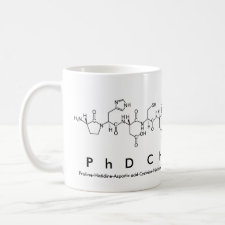Authors: ÷ter «, Zorer ÷
Article Title: Synthesis and characterization of a molecularly Imprinted polymer adsorbent for selective solid-phase extraction from wastewater of propineb.
Publication date: 2021
Journal: Polymer Bulletin
DOI: 10.1007/s00289-021-03927-z
Abstract: Pesticide residues, which have become a critical problem today, negatively affect the living life and cause concern for the future life. Different methods are being developed to eliminate the problems caused by pesticides and pesticide residue analysis. In this study, a new molecularly imprinted polymer (MIP) has been synthesized for using methacrylic acid as the functional monomer and propineb, a fungicide, as the template molecule. The selectivity and binding properties of MIP were compared with non-imprinted polymer (NIP). MIP particles were used as an adsorbent in the solid-phase extraction column, and various extraction parameters were extensively optimized to evaluate the extraction performance. It was determined that under optimum extraction conditions, MIP showed higher selectivity and extraction capacity toward propineb compared to commercial C18 column and NIP. As a result, the developed solid phase extraction method was optimized for propineb residue analysis, and high extraction efficiency was obtained. This method, which is low cost, requires very little use of organic solvents, is fast and easy, is selective and environmentally friendly, is very useful for the purification of wastewater from pollutants
Author keywords: Fungicides, Kinetic, Solid-phase extraction, Molecularly imprinted polymers, Propineb



Join the Society for Molecular Imprinting

New items RSS feed
Sign-up for e-mail updates:
Choose between receiving an occasional newsletter or more frequent e-mail alerts.
Click here to go to the sign-up page.
Is your name elemental or peptidic? Enter your name and find out by clicking either of the buttons below!
Other products you may like:
 MIPdatabase
MIPdatabase









